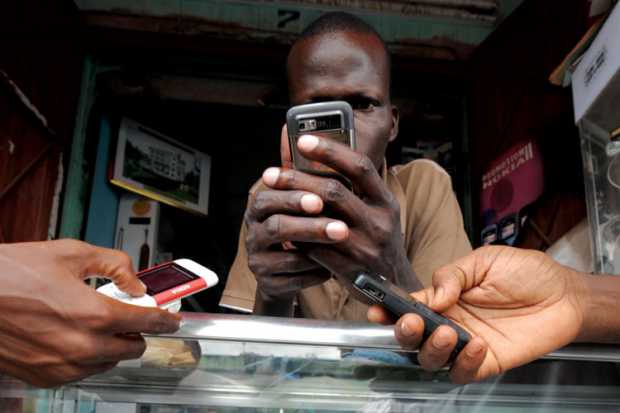Are internet shutdowns becoming a new phenomenon in Africa? Over the last year, a few African countries have shut down their internet at different periods. Many of these countries chose to restrict internet access for citizens during times of unrest often triggered by election protests.


However, two countries are choosing to shut down the internet for a completely different reason.
A new trend is seeing countries shut down the internet for educational purposes. Last month Somalia blocked access to certain social media websites as students geared up to write their national examinations.
According to the government, some examination questions were leaked ahead of the due date. Social media platforms and blogs were reportedly used to share the questions online. The move led to serious protests by students in the nation’s capital of Mogadishu.
Now, Ethiopia has joined the party. The East African nation shut down the internet on Tuesday to stop students from cheating during the country’s national exams. According to Reuters, the country saw questions leak last year during the same national exams. But this time around, the country aims to preserve the integrity of the exams.
We are being proactive. We want our students to concentrate and be free of the psychological pressure and distractions that this brings, Mohammed Seid, of the then Office for Government Communications Affairs added.
According to internet rights monitoring group, NetBlocks, the shutdown has entered its third day.
Ethiopia is offline for a third day, with internet access cut again in an attempt prevent cheating during secondary school final exams — this time some 10% of connectivity has been left working; incident ongoing, the group said in a tweet today (June 13).
However, Techloy said that the shutdown lasted for about five hours.
Ethiopia's internet shutdown which lasted for about five hours today cost the country an estimated $900,000, according to @NetBlocks Cost of Shutdown Tool (COST) which estimates the economic impact of an internet disruption, mobile data blackout or app restriction. pic.twitter.com/JgxHMV1VXE
— Techloy 💙💛 (@techloy) June 11, 2019
Although Ethiopia has shut down the internet in the past, the country has been quite liberal and progressive in recent times. The new government of Prime Minister Abiy Ahmed has helped to push the country away from its recent turbulent past.
And so, this move has come as a surprise to many especially because internet shutdowns have serious economic consequences.
Some reports estimate that this shutdown on the average could cost the country as much as 0.4% to 1% of its GDP. Another estimate said the country’s shutdown cost it up to $500,000 per day.
Regardless of the seriousness of malpractice during exams, the internet is much too important for countries. Surely governments with such concerns should look for other ways to address their worries.






